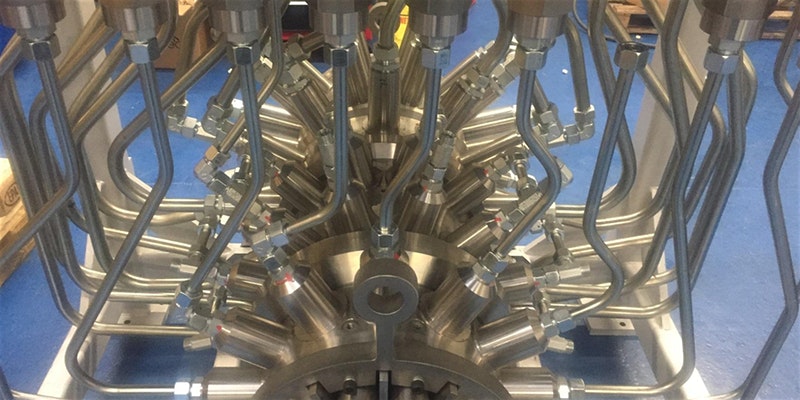Medium-Duration Energy Storage in the Net-Zero UK
In the future, energy storage and the storage of energy services will be one of the main mechanisms by which the mismatch between resource availability and service demand is resolved.
The importance of Medium Duration Energy Storage
As the UK transitions to a sustainable future in which the net emission of CO2 is driven to zero, it is inevitable that solar power and offshore wind power will deliver large fractions of the total energy requirement. In this future, energy storage and the storage of energy services will be one of the main mechanisms by which the mismatch between resource availability and service demand is resolved.
Different technology sets are appropriate for addressing different storage durations. Supercapacitors and flywheels dominate the very short discharge durations. Batteries and demand-side response combine to provide very effective solutions for discharge durations up to 2-3 hours.
Fuels of different sorts such as hydrogen, ammonia, bio-ethanol, bio-methane etc. deliver very attractive options for long-durations where energy may be stored for years and discharged over periods of months. A fundamental, and still unresolved, question is whether there is a role for storage technologies which are suited to discharge durations between 3-4 hours and ~100-200 hours.
Sponsored by The Energy Research Accelerator and by Supergen Energy Storage Network+, this unique event, which took place online on Monday 16th March aimed to address that question head-on.
Event Programme
Session 1
Session 2
Angelos Chatzidiakos, Ramboll, UK.
Pit Thermal Energy Storage, Experience and working systems.
Session 3
Session 4

